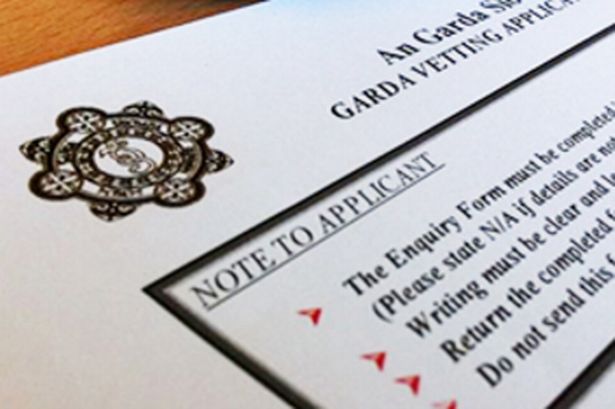All Cycling Ireland members with direct responsibility for the supervision and safety of children and/or vulnerable adults, and those in a management role of these volunteers/workers will be required to partake of the vetting process by law. These positions are referred to as regulated activity positions .
Regulated activity positions include but not limited to:
- Associate Members*
- Board Members*
- Coaches
- Safeguarding Officer
- Club Committees*
- Designated Persons
- Employees*
- Mechanics
- Leaders
- Message Therapists
- Officials*
- Physiotherapists
- Regional Boards*
- Standing and Board Appointed Committee
- Team Managers
- Mechanics*
- Other personnel
*Unless the positions highlighted above are responsible for one of the roles below on a regular basis then they would not be required to undergo a vetting or disclosure check. A Vetting or Disclosure check will be required where an individual undertakes relevant work or activities relating to children or vulnerable adults, where such involvement includes:
- Coaching, Mentoring
- Teaching, training or instruction
- Care or supervision, including health care and relevant personal care
- Advice or guidance provided wholly or mainly for children relating to their physical, emotional or educational well-being
- Moderating a public electronic interactive communication service likely to be used wholly or mainly by children
- Driving a vehicle being used only for conveying children and carers or supervisors.

